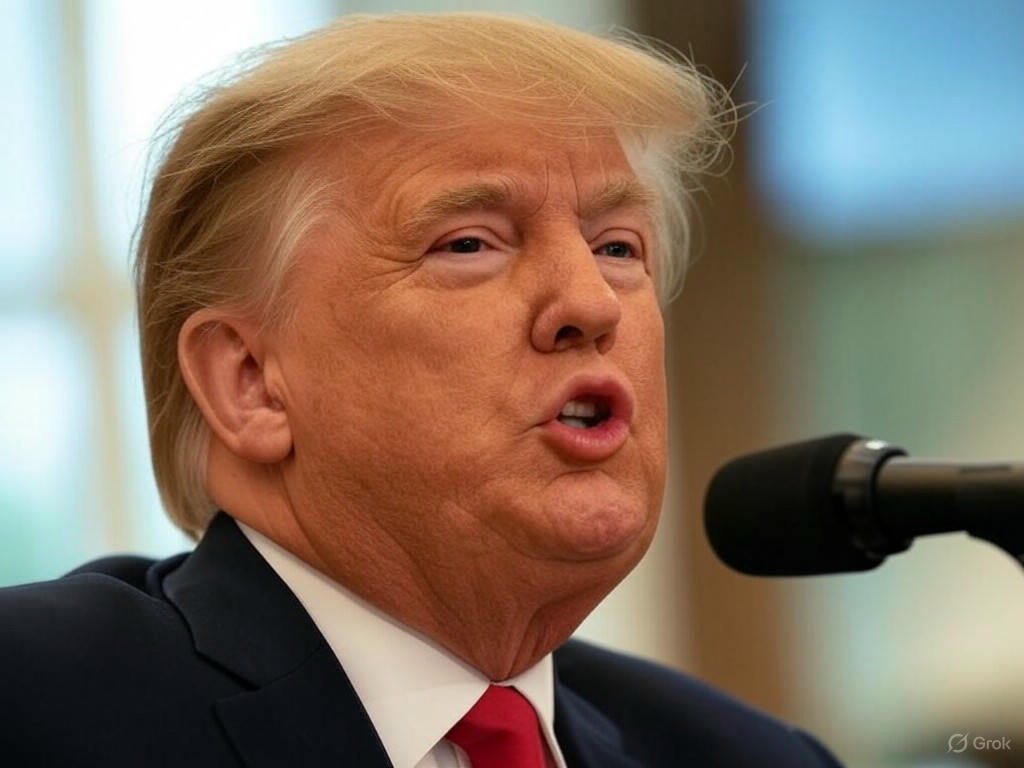In a bold statement that has captured global attention, former President Donald Trump has called on world leaders and energy producers to take immediate steps to keep oil prices in check. His remarks come at a critical juncture, as recent U.S. military actions against Iran’s nuclear facilities have heightened fears of potential disruptions to the global energy supply. Trump warned that failing to control soaring oil prices could inadvertently strengthen adversaries, urging a collective effort to prevent economic fallout.
The recent U.S. strikes on Iran’s nuclear infrastructure have sent shockwaves through international markets, with analysts speculating that Iran might retaliate by targeting key energy routes or facilities in the Middle East. Such a move could throttle oil production and distribution, driving prices to unprecedented levels. Trump’s comments underscore the delicate balance between geopolitical strategy and economic stability, as he emphasized that high oil prices could play into the hands of hostile forces. He argued that inflated energy costs burden consumers worldwide while providing financial leverage to nations or groups opposed to Western interests.
Energy experts have echoed some of Trump’s concerns, noting that the Middle East remains a linchpin for global oil supply. Any escalation in the region could disrupt the flow of crude oil through vital channels like the Strait of Hormuz, a narrow passage critical to international trade. Already, oil futures have seen sharp spikes as traders brace for uncertainty, and households in many countries are feeling the pinch at the pump. Trump’s call for action appears to be directed not only at OPEC nations but also at domestic producers and policymakers, urging a unified front to stabilize markets. He stressed that affordable energy is a cornerstone of economic resilience, especially in times of conflict.
Beyond the immediate crisis, Trump’s statement has reignited debates about energy independence and the role of renewable sources in mitigating reliance on volatile oil markets. Critics argue that while short-term price controls might offer relief, long-term solutions lie in diversifying energy portfolios and investing in sustainable alternatives. Supporters of Trump’s stance, however, believe that prioritizing immediate price stability is essential to prevent economic hardship and maintain public support during turbulent times.
As the world watches the unfolding situation in the Middle East, Trump’s words serve as a reminder of the intricate ties between geopolitics and economics. The risk of further escalation looms large, and the international community faces a pressing challenge: balancing military and diplomatic strategies with the urgent need to safeguard global energy security. Whether his call to action will spur meaningful cooperation remains to be seen, but one thing is clear—oil prices are more than just numbers on a chart; they are a battleground in a broader struggle for stability and influence. The coming weeks will test the resolve of leaders and markets alike as they navigate this precarious landscape.
